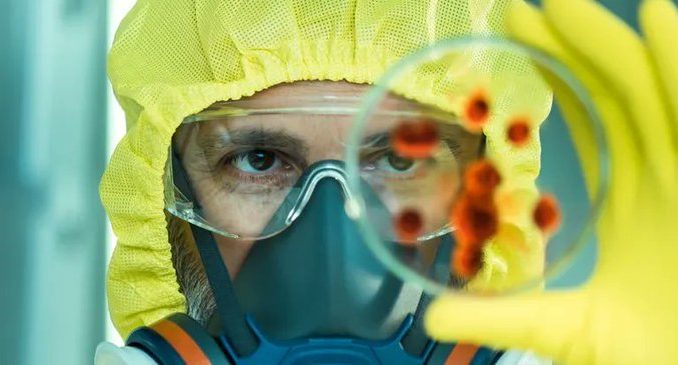
The cutting-edge number-crunching capabilities of artificial intelligence mean that AI systems are able to spot diseases early, manage chemical reactions, and explain some of the mysteries of the Universe.
But there’s a downside to this incredible and virtually limitless artificial brainpower.
New research emphasizes how easily AI models can be trained for malicious purposes as well as good, specifically in this case to imagine the designs for hypothetical bioweapon agents. A trial run with an existing AI identified 40,000 such bioweapon chemicals in the space of only six hours.
In other words, while AI can be incredibly powerful – and much, much faster than humans – when it comes to spotting chemical combinations and drug compounds to improve our health, the same power can be used to dream up potentially very dangerous and deadly substances.
« We have spent decades using computers and AI to improve human health – not to degrade it, » the researchers write in a new commentary.
« We were naive in thinking about the potential misuse of our trade, as our aim had always been to avoid molecular features that could interfere with the many different classes of proteins essential to human life. »
The team ran the trial at an international security conference, putting an AI system called MegaSyn to work – not in its normal mode of operation, which is to detect toxicity in molecules in order to avoid them, but to do the opposite.
